Dundee, Angus and Perthshire were a ray of light in the SNP’s darkest general election since 2010.
Areas that have elected nationalist politicians for decades stuck with the party as Fife and huge chunks of the central belt opted for Labour and Sir Keir Starmer.
First Minister John Swinney used the final days before the polls to visit swathes of Courier Country, making his presence felt in the SNP’s strongholds.
With just 661 days until the Scottish Parliament election, will Perthshire MSP Mr Swinney and his government focus on the areas that remain loyal – or throw the kitchen sink at reaching out to voters who have lost faith?
‘Two brains in SNP government represent rural seats’
Experts think it is the toughest of balancing acts.
Politics professor James Mitchell told us: “I would be wary of going too far and suggesting there is going to be a massive shift.
“Having said that, Glasgow’s voice and the West of Scotland’s voice is diminished.
“You’ve got a first minister and deputy first minister [Kate Forbes] who represent more rural, non-central belt areas.
“These are the two real brains in the cabinet.
“I think the more significant shift, in terms of the image they’re going to be projecting, comes from the leadership of John Swinney.”
Dundee City Council leader John Alexander could continue to press for more investment in the city but he wants to see Holyrood devolve financial levers to local authorities.
He says: “I’d like to see a greater emphasis on that broader and bolder agenda, as councils continue to wrestle with the magnitude of 14 years of Tory inflicted austerity.
“We need to be brave and ambitious when the chips are down.
“Beyond that, a laser focus on unleashing the economic potential of the city by supporting important strategic projects such as MSIP and Eden but more than that, by bringing forward ambitious proposals for further investment zones.
“These should absolutely, as I’ve longer campaigned for, focus on areas like Dundee that require that additional support.”
Fergus Mutch – who stood twice for the SNP in Aberdeenshire, was an Alex Salmond aide and is now a managing partner of strategic advisory firm True North – suggests the heartlands were forgotten about during the Nicola Sturgeon era.
The former party spin doctor says: “The SNP has to be mindful that post-2014, and pre-2014, it camped to Labour’s turf a little.
“But what the SNP was good at doing pre-2014 was looking both left and right and being a broad-based party at the centre of Scottish politics.
“Perhaps the hallmark of the Sturgeon era was it forgot about its traditional heartlands a little bit.
“It’s about building a broad base that speaks to the needs and concerns of the people of Scotland and repositions the SNP on the right side of public opinion, where it seldom found itself over the past couple of years.
“You saw it from day one with John Swinney taking the reins. That was an overt focus of his.
‘Socially democratic’
“You can’t win a majority of the seats in the Holyrood parliament by only appealing to one side.
“The only time any party’s managed to win a majority is by being both socially democratic, right-of-centre, pro-business, and pro-state in terms of universal services.”
One Fife SNP source says local presence is a factor overlooked in the general election inquest.
He said: “In Fife we have a group of MSPs who are well known and work really hard for areas they serve.
“This is hard to admit but lots of MPs [elsewhere in Scotland] repeated the same mistakes of Labour pre-2015.
“They didn’t have the same reputation as someone who campaigned and worked on their constituents’ behalf.
“There are a number of MSPs who should probably be looking at those results carefully.
“It’s not enough to just rely on the government’s record.”
Perth and Kinross-shire MP Pete Wishart insists the SNP government had a record to be proud of, but added: “We simply have to realign with the ambitions of the Scottish people.
“What I have heard over the past couple of months in speaking to thousands of people across Perth and Kinross-shire is they want us to focus on their everyday priorities with an extra focus on rebuilding our public services.
“We have to accept that the Scottish people now expect more from us and in the run-up to the 2026 election we have to refresh our offer.”
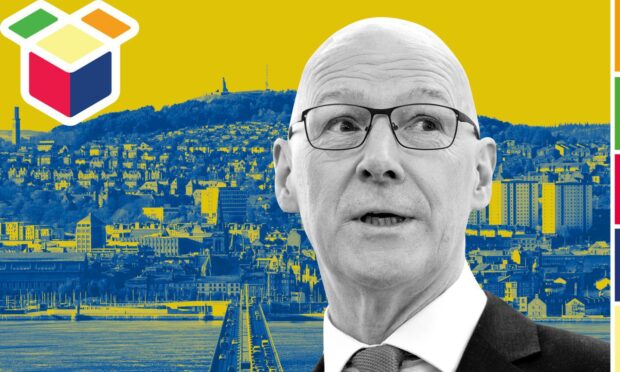
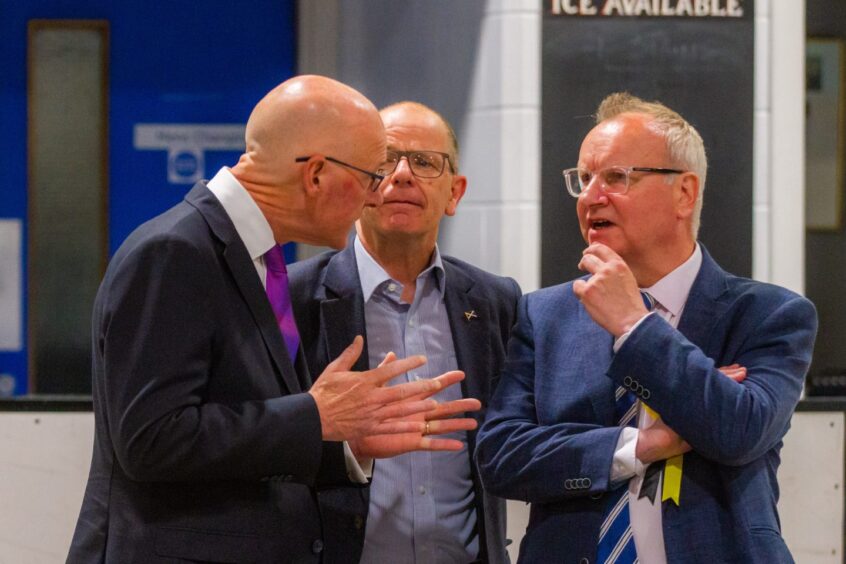
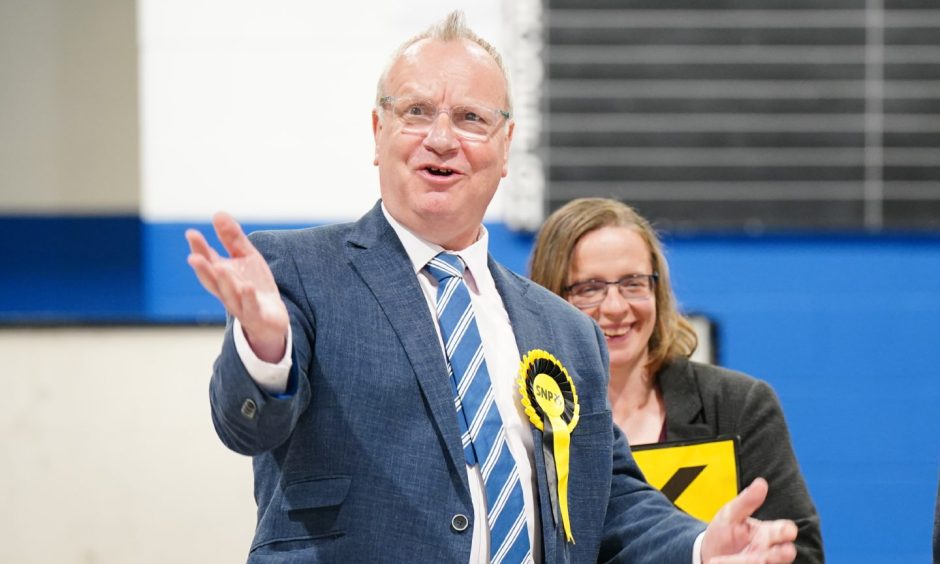


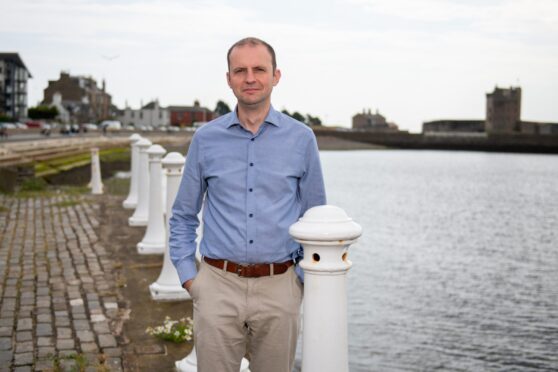
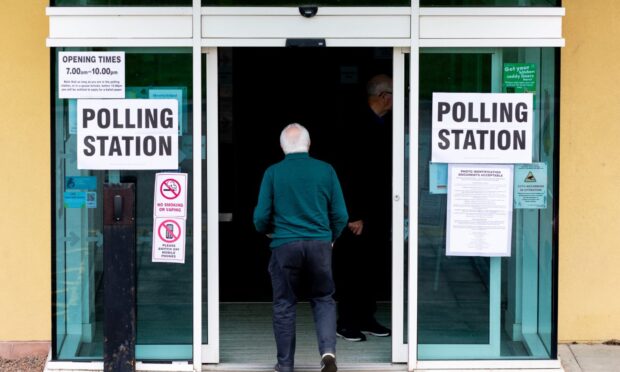

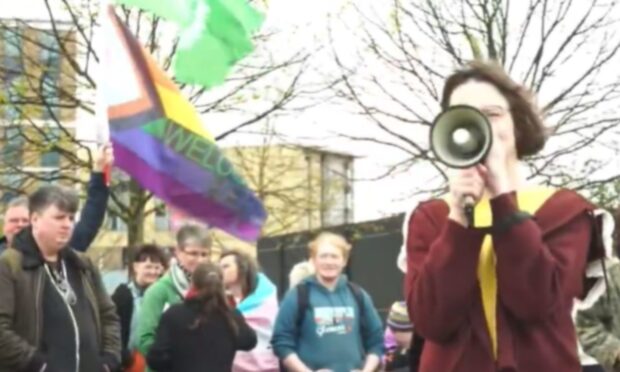

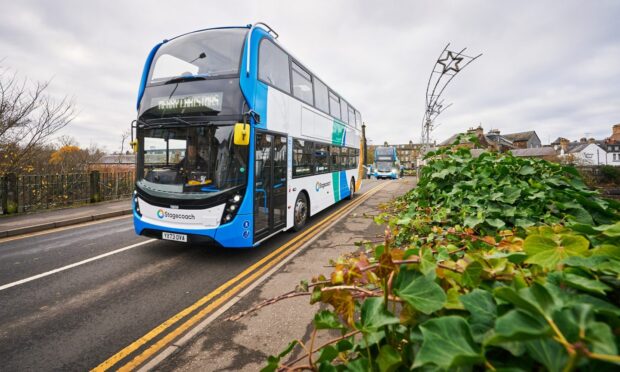

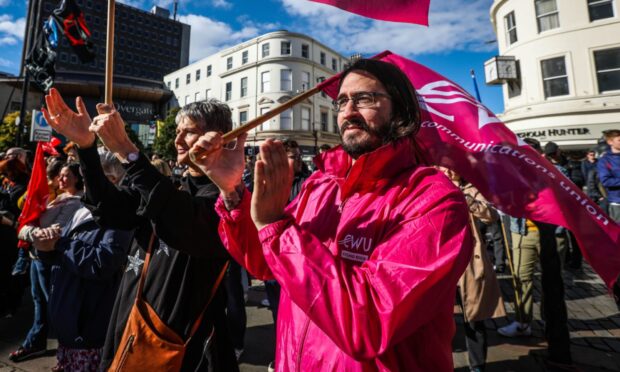
Conversation